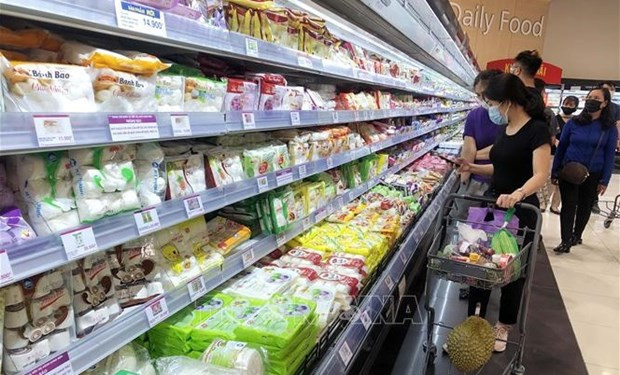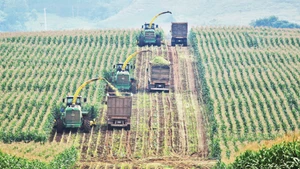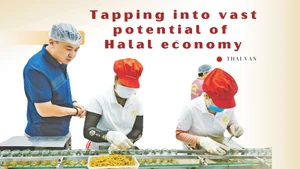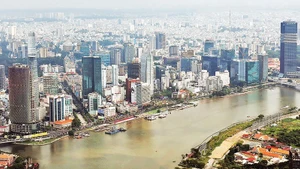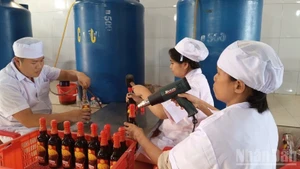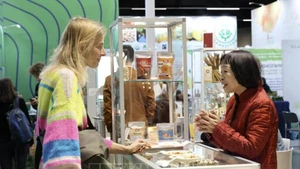The Vietnamese economy has recovered in 2022. Surging production demand to serve consumption and export, added with soaring global commodity prices, has fueled prices of goods and essential services, but prices are basically still under control, GSO General Director Nguyen Thi Huong told a press briefing in Hanoi.
Pointing out some contributors to the CPI growth, the GSO said domestic petrol and oil prices have been adjusted for 34 times, increasing 28.01% from a year earlier, while gas prices were up 11.49%.
Rice prices have fluctuated in line with export prices and market demand to go up 1.22% from 2021. Foodstuff price also increased 1.62%. Besides, housing and construction material prices climbed up 3.11%.
Meanwhile, there are also some factors curbing the CPI uptrend, including pork prices down 10.68% thanks to the African swine fever containment and guaranteed supply, house rent down 1.83% due to the COVID-19 pandemic in the first months of 2022, and prices of postal and telecommunications services down 0.37% as a result of lower mobile phone prices.
This year’s core inflation increased 2.59% from 2021, lower than the CPI growth of 3.15%, showing that changes in consumer prices have been driven mainly by food, petrol, oil, and gas prices, according to the GSO.
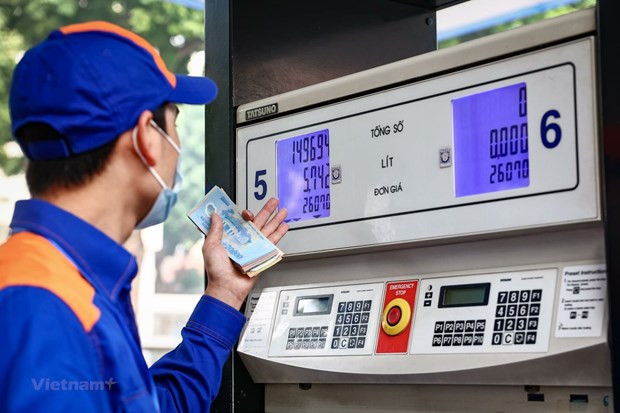 |
| Domestic petrol and oil prices have been adjusted for 34 times in 2022. (Photo: VNA) |
The office added domestic gold prices have seen mixed changes in line with the global market, rising 5.75% this year. Prices of the US dollar also hiked 2.09% from 2021.
In December alone, CPI dropped slightly, by 0.01% month on month, but still grew 4.55% from December 2021. While two of the 11 categories of main consumer goods and services witnessed month-on-month price declines, nine experienced higher prices.
The December core inflation inched up 0.33% from November and 4.99% from the same period last year.
General Director Huong said to actively cope with surging inflationary pressure, the Government has ordered ministries, sectors, and localities to issue many timely policies and implement concerted measures to minimise adverse impacts on socio-economic development.
Appropriate policies and drastic moves in governance have considerably helped ease pressure on prices and stabilise production and business activities and people’s life, she added.
